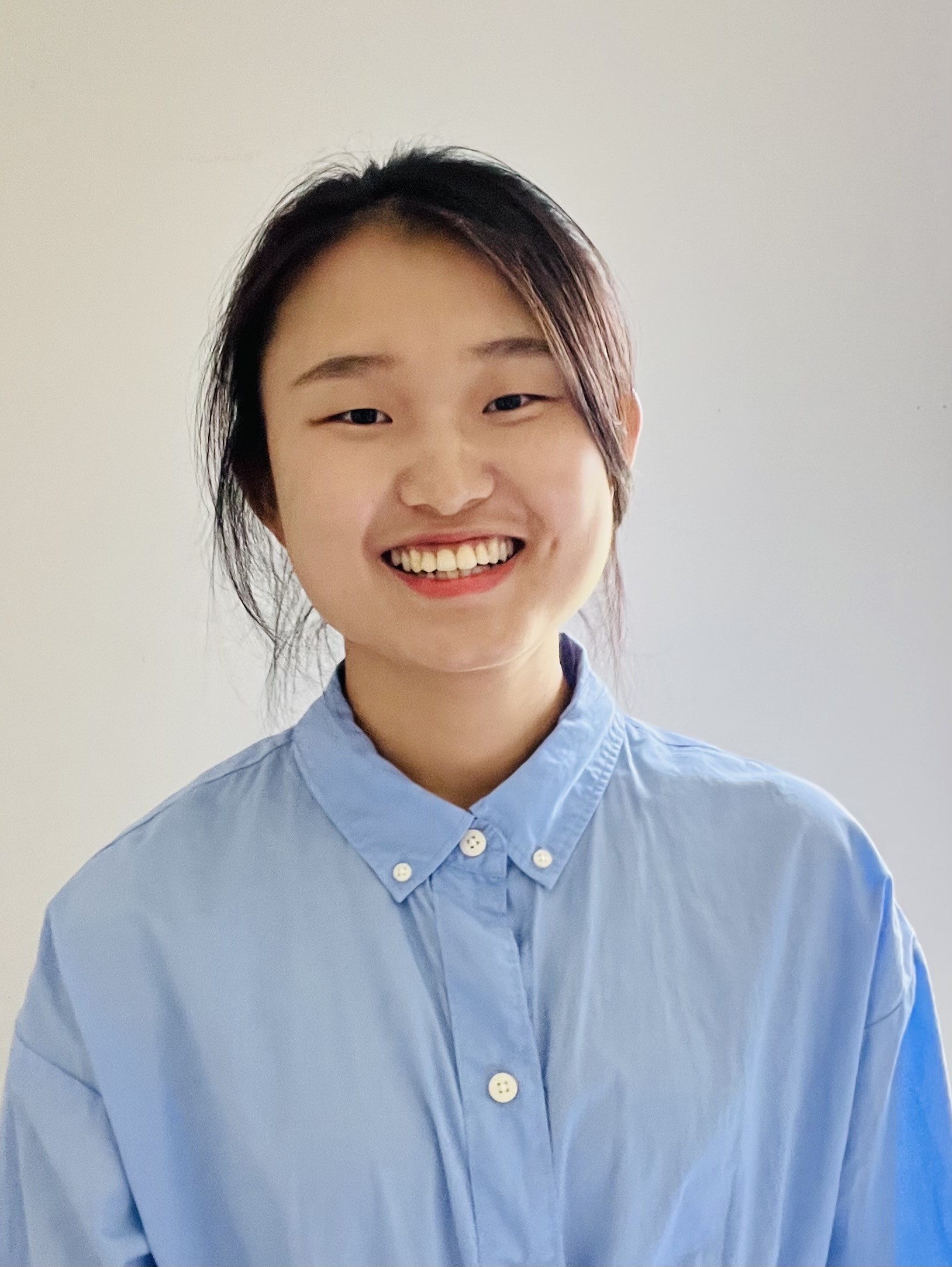Michigan State University is fortunate to have passionate educators who are committed to enhancing the experience of their students and who help to provide the best education possible.
The Graduate School is featuring some of these educators – graduate and postdoc educators – every month to share their unique stories and perspectives on what it means to be a dedicated educator, how they’ve overcome educational challenges, and the ways they have grown through their experiences.
For September 2023, we are featuring Qi Huang, a doctoral candidate in Human Development and Family Studies. In her writeup, Qi shares how her challenges studying a second language in an unfamiliar setting taught her a lot about the responsibilities of an educator and the foundation of her individual student-focused approach to teaching.
 What does it mean to be an educator at a university?
What does it mean to be an educator at a university?
Being an educator at a university is a multifaceted role which cannot be defined by a single description. The central part of being an educator involves a dynamic process of facilitating learning, nurturing intellectual growth, and supporting personal development.
My academic journey in the U.S. started in my senior year of high school where I struggled to study in a second language and in an unfamiliar setting. This experience led me to understand that an educator’s responsibility is not only conveying knowledge but also creating an inclusive and engaging environment that encourages discussion and exploration. From my perspective, inclusivity is more than providing equal opportunities; it involves tracing back to the root of the inequality and offering tailored support based on varying levels of needs. For instance, an essential step is to be mindful of our own assumptions about different cultures. While educators may not possess absolute expertise in the subject they teach, they can maintain an open mind and invite students to participate so that teaching and learning becomes a mutually beneficial process.
Besides recognizing the unique value of each student, it is also important for educators to empower students to be in charge of their own learning. A major difference of college learning from high school is that teachers in high school help students to establish a foundation of knowledge and guide them to focus on learning, however, educators at a university need to challenge the student to develop critical thinking and problem-solving skills.
Lastly, being an educator involves mentorship and guidance, but mentorship is not exclusively confined to academic matters. I believe that it is important for educators to adopt a holistic approach that supports the overall well-being of students, not only their academic pursuits but also their mental health. By offering a listening ear and encouragement, we can be a source of inspiration for our students.
What challenges have you experienced and how have you grown from them?
Although it is my goal to maintain an inclusive learning environment, how to effectively balance diverse ways of learning and academic backgrounds among students poses a challenge. As educators, we need to find innovative ways to bridge these differences, ensuring that every student can engage with the learning material in a way that resonates with them. From my past teaching experiences, I discovered that it is helpful to share my own cultural background and personal experiences with students. When a sense of connection is established, students are more inclined to share their viewpoints.
Additionally, students have increasingly turned to online teaching/learning and virtual meetings since the global pandemic; how to keep students engaged in learning in such a digital environment was another challenge. Drawing from my own teaching experience as well as gaining insights from fellow educators, I learned that introducing interactive elements, incorporating multimedia, and gamifying class activities were helpful strategies in remaining connected with students in a virtual space.
What value do you see in Teaching Professional Development?
Teaching Professional Development is a great opportunity to get us prepared with essential skills and continuously improve our teaching practices. It also plays a significant role in addressing the evolving needs of both educators and students in an ever-changing educational setting. As I mentioned above, virtual technologies were used prevalently in colleges and universities during the COVID-19 pandemic. As technologies and student demographics evolve, professional development ensures that educators are equipped with necessary skills to adapt and meet student needs. Lastly, it provides a platform for educators to learn from each other’s experiences and insights. By participating in Teaching Professional Development workshops and discussions, we can gain fresh perspectives, discover new teaching strategies, and support each other professionally and emotionally.
What is one piece of advice you would give other graduate educators?
One major piece of advice I would give to other graduate educators is to embrace flexibility and be open-minded in your teaching approach. Being willing to adapt your teaching methods to accommodate students’ needs is a cornerstone of effective teaching. Also, it is important to recognize that every student brings unique experiences and values to the classroom. Acknowledging and celebrating the diverse space where different voices can be heard and valued creates a foundation for meaningful learning experiences.
What do you enjoy in your free time?
In my free time, I enjoy outdoor activities such as hiking. I appreciate the beauty of nature which helps me to take breaks from work and refreshes my mind. I also journal every day to record my feelings and experiences which helps me to be mindful.


